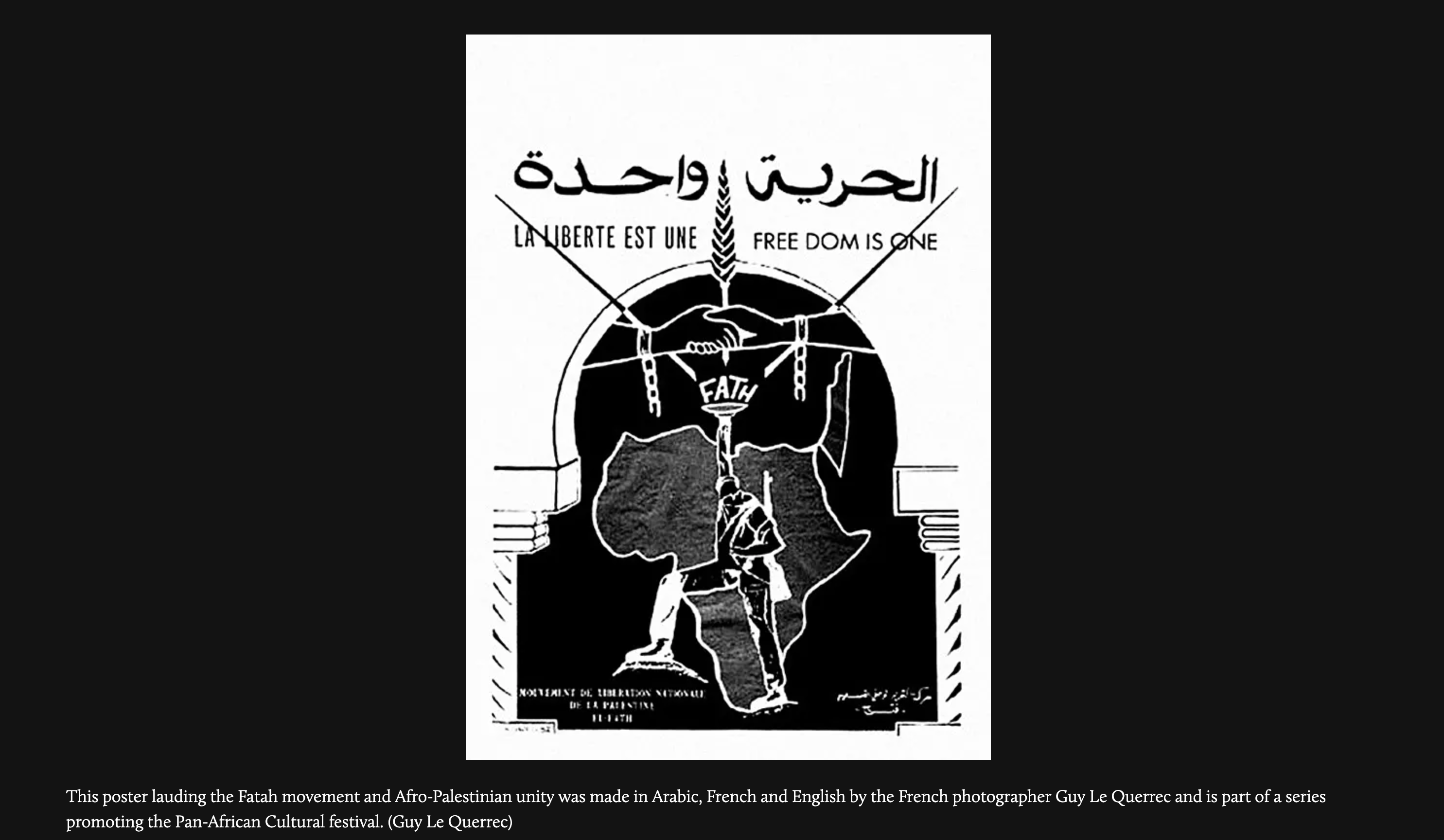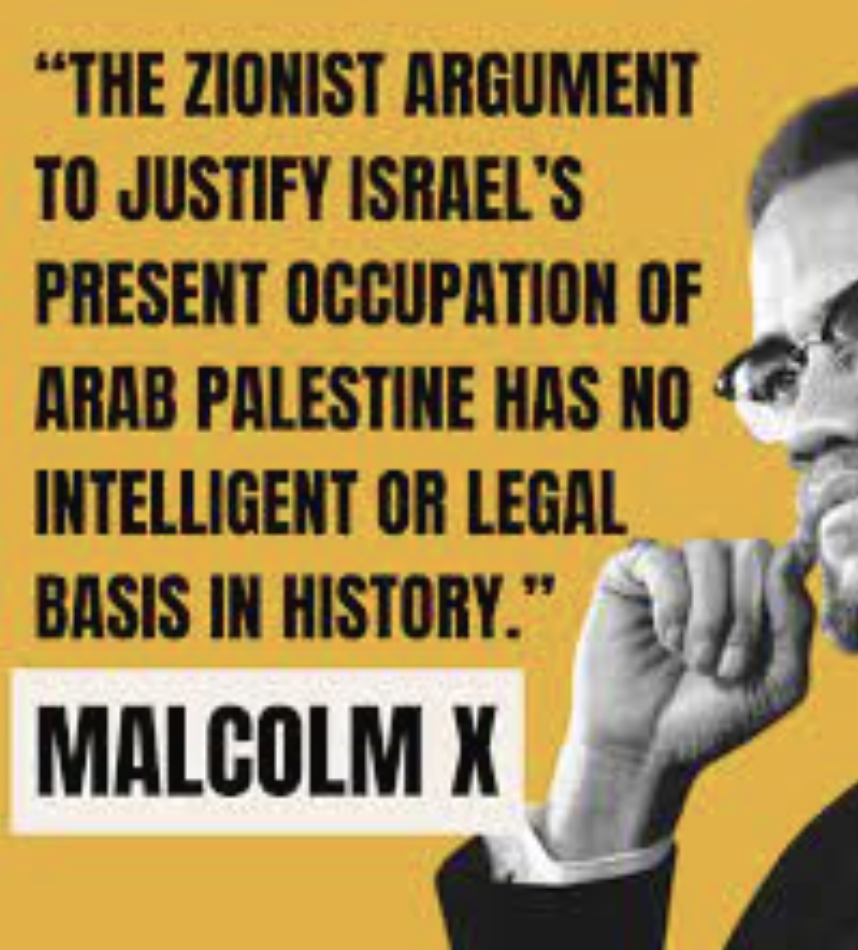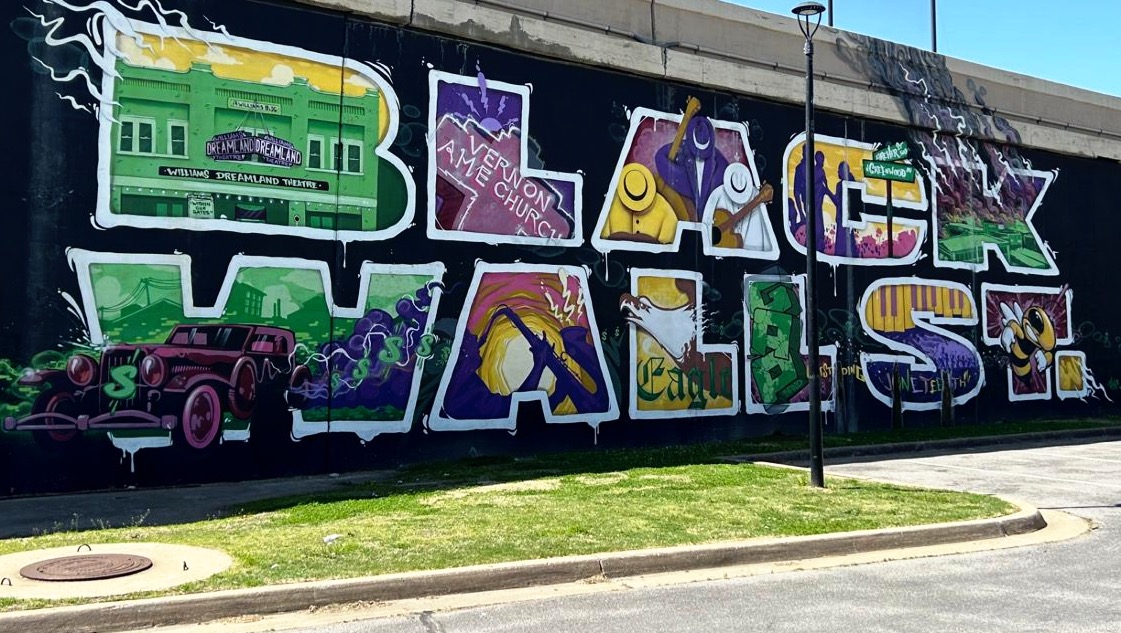parts of this article are reprinted w/permission. Information has been cross-checked and referenced to ensure accuracy.
Since October 7th and the increased violence against Palestinians, it’s important to reorient ourselves in the longstanding history of Palestinians and Black Americans being in solidarity with each other throughout our various struggles over the last decades. To many Black Americans today, the connection between Black liberation and Palestinian liberation may seem distant, but historically, we have organized, resisted, and theorized alongside each other.
 With this history in mind, solidarity and being daring in our convictions for one another is just as important today. So in this series, we’ll break down different historical examples of Black and Palestinian solidarity.
With this history in mind, solidarity and being daring in our convictions for one another is just as important today. So in this series, we’ll break down different historical examples of Black and Palestinian solidarity.
In 1964, Malcolm X penned an essay to condemn zionist logic.
In the early 1960s, Palestinians were grappling with the consequences of the establishment of the state of Israel in 1948, which had led to the displacement and dispossession of hundreds of thousands of Palestinians, creating a significant refugee population.
These conditions resonated with many Black Americans, who were engaged in the Civil Rights Movement and confronting the legacies of slavery and segregation. They saw parallels between the struggle for Palestinian independence and their fight for civil rights, both rooted in a history of oppression and a desire for self-determination.
Additionally, the U.S. government’s alignment with Israel during the Cold War, which was seen by some as supporting an oppressive state, further fueled support for the Palestinian cause among Black activists.
These factors, along with cultural exchanges and high-profile visits, such as Malcolm X’s 1964 trip to the Middle East and North Africa, deepened the ties between the two communities and contributed to increased Black support for the Palestinian cause during this period.
In 1964, The Palestinian Liberation Organization was established primarily as a response to the displacement and dispossession of Palestinians resulting from the creation of Israel in 1948. The organization aimed to represent the Palestinian people and their desire for self-determination. Malcolm X was one of the first Civil Rights era figures to meet with PLO.
The Aljazeera piece “The Nakba did not start or end in 1948” states…
Between 1947 and 1949, at least 750,000 Palestinians from a 1.9 million population were made refugees beyond the borders of the state. Zionist forces had taken more than 78 percent of historic Palestine, ethnically cleansed and destroyed about 530 villages and cities, and killed about 15,000 Palestinians in a series of mass atrocities, including more than 70 massacres.
In 1964, Malcolm X wrote and published the seminal essay “Zionist Logic”. Malcolm X, a prominent opponent of colonialism and exploitation in its various forms, was critical of how Judaism, Zionism, and colonialism were mixing to continue a dangerous precedent that related very much to Black Americans and Africans. The essay states near the start…
The modern 20th century weapon of neo-imperialism is “dollarism.” The Zionists have mastered the science of dollarism: the ability to come posing as a friend and benefactor, bearing gifts and all other forms of economic aid and offers of technical assistance. Thus, the power and influence of Zionist Israel in many of the newly “independent” African nations has fast-become even more unshakeable than that of the 18th century European colonialists…and this new kind of Zionist colonialism differs only in form and method, but never in motive or objective.
 The United Nations passed crucial resolutions during this period, including Resolution 194, which affirmed the right of Palestinian refugees to return to their ancestral lands, offering an international framework for the Palestinian cause. This era also saw the emergence of various Palestinian resistance movements, including Fatah, which played a pivotal role in the ongoing struggle against Israeli occupation.
The United Nations passed crucial resolutions during this period, including Resolution 194, which affirmed the right of Palestinian refugees to return to their ancestral lands, offering an international framework for the Palestinian cause. This era also saw the emergence of various Palestinian resistance movements, including Fatah, which played a pivotal role in the ongoing struggle against Israeli occupation.
Throughout the early 1960s, the living conditions in Palestinian refugee camps continued to be a source of concern, underscoring the enduring hardships faced by Palestinian refugees.
In the broader context, the Six-Day War of 1967 marked a significant turning point, as Israel’s swift victory resulted in the occupation of the West Bank, Gaza Strip, East Jerusalem, and the Golan Heights, further complicating the Palestinian-Israeli conflict.
These early 1960s events and developments set the stage for the protracted and multifaceted struggle for Palestinian self-determination, with ongoing ramifications that continue to shape the political landscape of the region.



